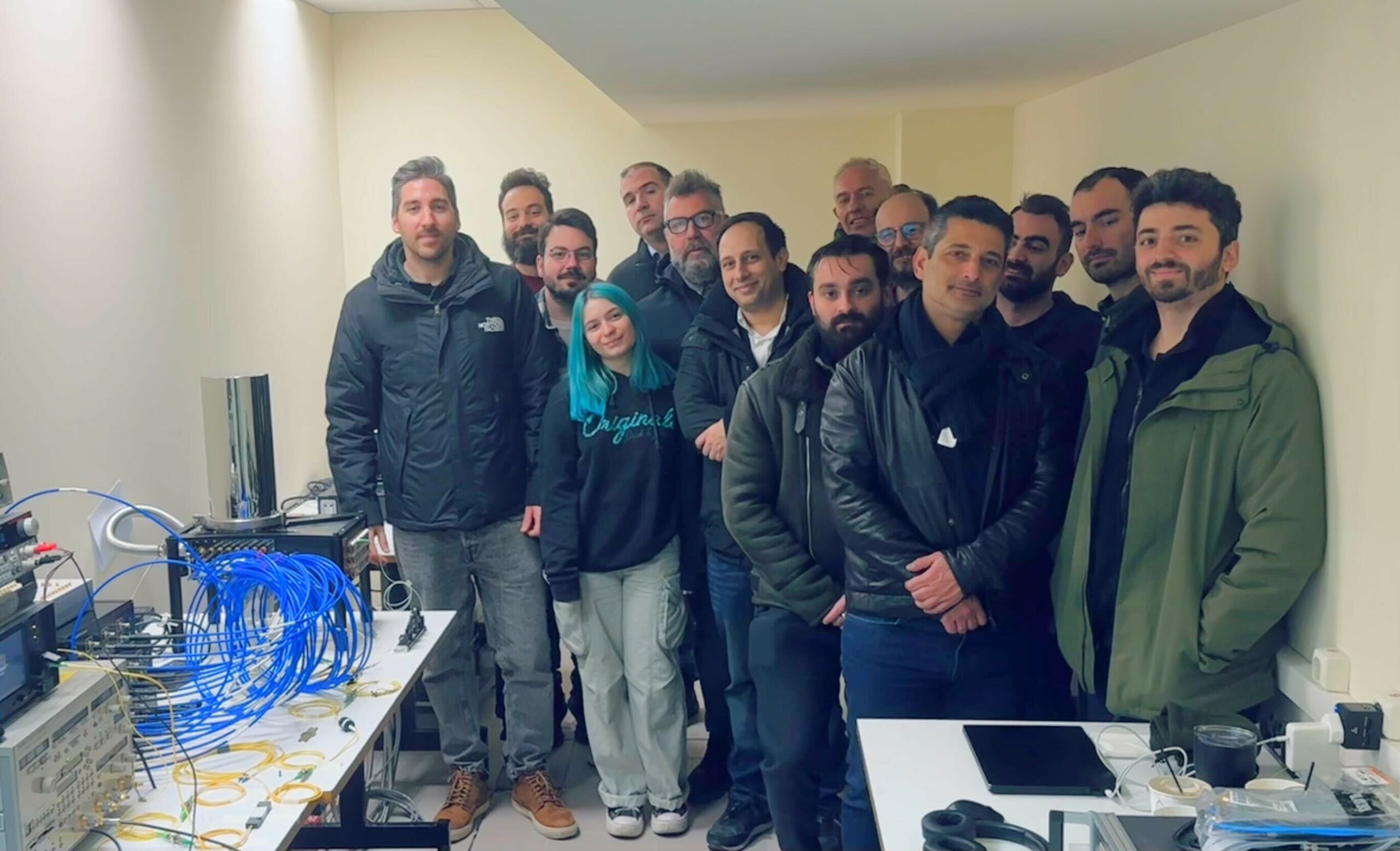HellasQCI project, coordinated by GRNET, operating under the auspices of the Hellenic Ministry of Digital Governance, and the support of the General Secretariat of Telecommunications and Post, leads the way in Quantum Infrastructure testing, operation and training.
The Single Quantum – HellasQCI Training on 6 February 2025 focused on the theoretical and practical training of the project’s consortium regarding the operation and maintenance of Superconducting Nanowire Single-Photon Detectors (SNSPDs).
The training, held at the Department of Informatics & Telecommunications (Optical Communications and Photonic Technology Laboratory), NKUA, follows Single Quantum’s commitment to supporting the HellasQCI project. The aim was to train the technical and end-user staff of the HellasQCI consortium in the use of SNSPDs, which are critical for the implementation of Use Case #12 – Preparing for the Quantum Internet.
The session combined a hybrid format, with participants attending both online and in person at NKUA. It provided a comprehensive overview of the HellasQCI/GRNET SNSPD system, including its working principles, features, software components, maintenance practices, and troubleshooting techniques. For those attending physically, the training also included a live demonstration of the system at NKUA’s laboratory.
Quick Stats for 6/2/2025
– 1 Day of Training
– 3 Trainers
– 20 participants attended in person
– 15 participants joined online
– Theoretical and Hands-on Sessions at the Lab of the Department of Informatics & Telecommunications, NKUA
– Presentations, Demos, Q&A
The HellasQCI / GRNET recently acquired SNSPDs (Superconducting Nanowire Single-Photon Detectors), will play a pivotal role in advancing Europe’s quantum communication infrastructure and preparing for future quantum internet applications. The integration of this cutting-edge technology, alongside HellasQCI’s QKD devices, will position Greece at the forefront of the quantum communication revolution. This advancement will not only strengthen the national capabilities but also provide invaluable benefits to the academic and research community, fostering innovation that will serve both Greece and the broader European landscape.

